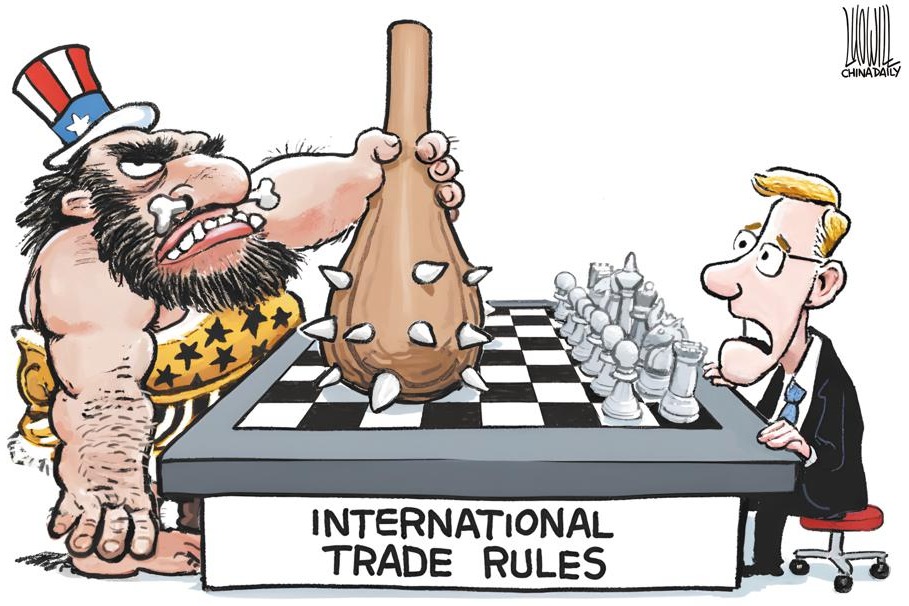So, during the last weeks, I read that:
1. China has revealed new fighter jets. No idea if they're good or bad or in what stage of development they are, but they look cool. Can we allow a gap on futuristic-looking aircraft?
2. The Covid lab theory is back. The CIA etc. say on the one hand nothing's conclusive, but then they seem to like the idea more now. Or, if you're a cynic, you may think it has to do with Trump taking office. Or it turns out to be true. Or just not
3. And now they surprise markets with AI stuff. No idea if the AI tool is good or bad, but today it made lotsa headlines. Maybe because it's not biological
I'm too lazy to dig links now, but it's all been widely rep'ed
/cents
1. China has revealed new fighter jets. No idea if they're good or bad or in what stage of development they are, but they look cool. Can we allow a gap on futuristic-looking aircraft?
2. The Covid lab theory is back. The CIA etc. say on the one hand nothing's conclusive, but then they seem to like the idea more now. Or, if you're a cynic, you may think it has to do with Trump taking office. Or it turns out to be true. Or just not

3. And now they surprise markets with AI stuff. No idea if the AI tool is good or bad, but today it made lotsa headlines. Maybe because it's not biological

I'm too lazy to dig links now, but it's all been widely rep'ed

/cents
 Never change Oerdin
Never change Oerdin





Comment